State Building Commission votes to proceed with Evers plan to overhaul Wisconsin's prison system
A sweeping plan put forth by Democratic Wisconsin Gov. Tony Evers to overhaul the state's aging prison system is moving forward with bipartisan support despite complaints from Republican lawmakers that their concerns are not being addressed.
Associated Press
October 28, 2025
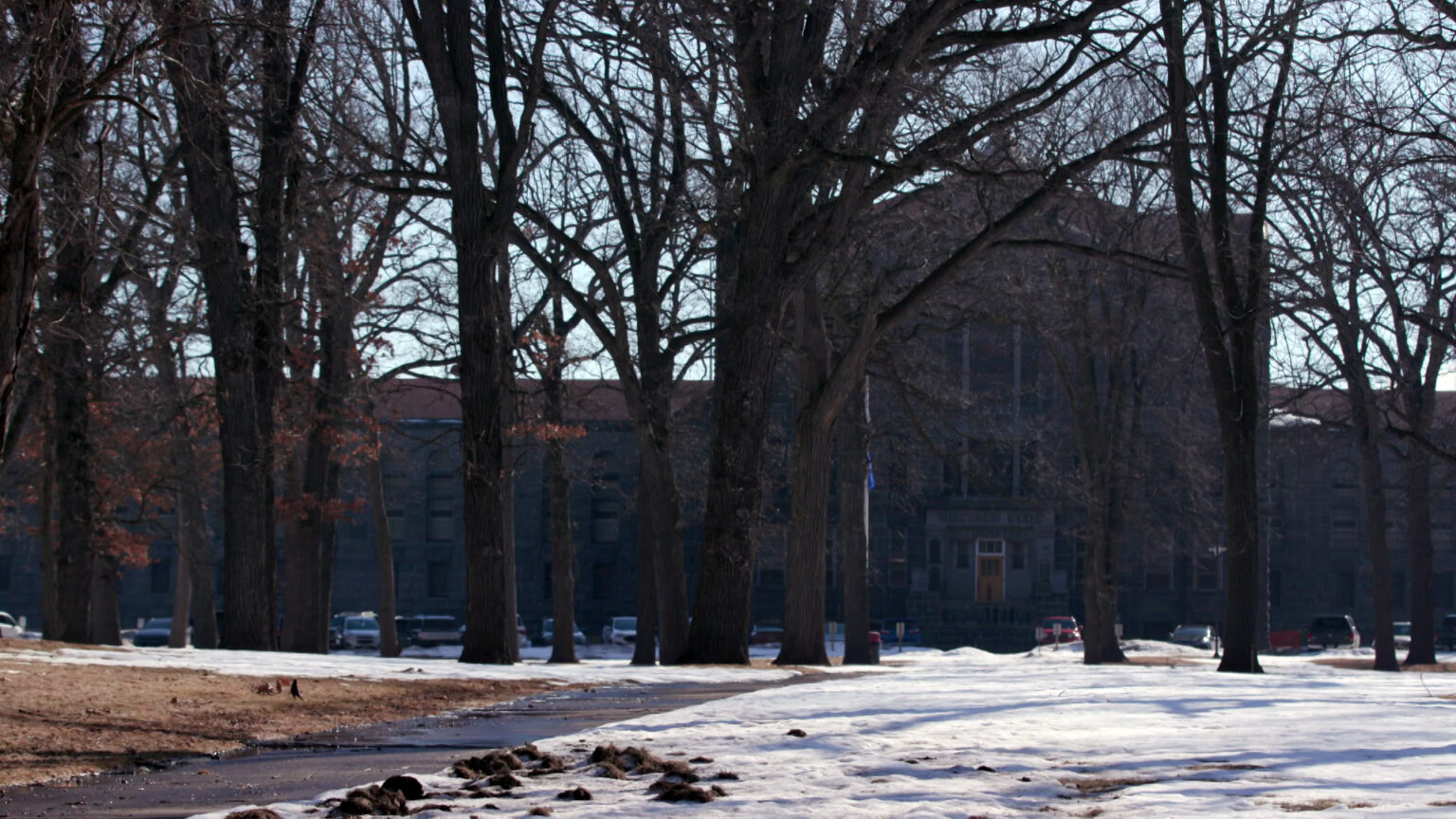
Vehicles fill a parking lot in front of an entrance to the Green Bay Correctional Institution on Feb. 26, 2025, in Green Bay. On Oct. 28, the State Building Commission approved spending $15 million to move ahead with planning for a proposal to overhaul Wisconsin's prison system, which include closing the facility in Green Bay. (Credit: PBS Wisconsin)

MADISON, Wis. (AP) — Democratic Gov. Tony Evers’ sweeping plan to overhaul Wisconsin’s aging prison system, which includes closing a prison built in the 1800s, moved forward on Oct. 28 with bipartisan support despite complaints from Republican lawmakers that their concerns weren’t being addressed.
The bipartisan state building commission unanimously approved spending $15 million to proceed with planning for the Evers proposal. Republicans objected, saying his plan was “doomed to failure,” but they voted for it in the hopes it could be changed later.
Evers voiced frustration with Republicans who said they weren’t part of development of the plan.
“We’ve got to get this damned thing done, that’s the bottom line,” he said.
Evers in February presented his plan as the best and only option to address the state’s aging facilities. Problems at the lockups have included inmate deaths, assaults against staff, lockdowns, lawsuits, federal investigations, criminal charges against staff, resignations and rising maintenance costs.
Republicans have opposed parts of the plan that would reduce the overall capacity of the state prison system by 700 beds and increase the number of offenders who could be released on supervision. The GOP-led Legislature called for closing the troubled prison in Green Bay by 2029, but Evers vetoed that provision earlier in 2025 saying it couldn’t be done without getting behind his entire plan.
The building commission’s approval on Oct. 28 for spending the $15 million in planning money starts that process.
Republican members of the building commission complained that Evers was plowing ahead without considering other ideas or concerns from GOP lawmakers. Republican state Sen. Andre Jacque objected to reducing the number of beds in the prison system that he said is currently “dangerously unsafe.”
He called it a plan “doomed to failure” and “not a serious proposal.”
“I feel like we’ve decided to plow ahead without the opportunity for compromise,” Jacque said. “We’re merely asking that any ideas from our side of the aisle have the option of being considered.”
A GOP proposal to expand the scope of the plan was rejected after the commission, evenly split between Republicans and Democrats, deadlocked.
Evers said any Republican who wanted to be involved in the process going forward could be. Republicans said ahead of the vote that they were not included in discussions that led to the current proposal.
“Those other options will be discussed,” Evers said.
Department of Corrections Secretary Jared Hoy said that approval of the planning money was needed to keep the momentum going for closing the Green Bay prison, which Republicans support.
The entire plan, once fully enacted, would take six years to complete and cost an estimated $500 million. Building a new prison, as Republicans had called for, would cost about $1 billion. Evers is not seeking a third term in 2026, so it would be up to the next governor to either continue with his plan or go in a different direction.
The multitiered proposal starts with finally closing the troubled Lincoln Hills and Cooper Lake juvenile correctional facilities in northern Wisconsin, and building a new one near Madison at the site of a current minimum security prison. The Lincoln Hills campus would then be converted into a medium security adult prison. The prison in Green Bay, built in 1898, would be closed.
The plan also proposes that the state’s oldest prison, which was built in Waupun in 1851, be converted from a maximum-security prison to a medium security center focused on vocational training. The Stanley Correctional Center would be converted from a medium to a maximum-security prison and the prison in Hobart would be expanded to add 200 minimum security beds.
 Passport
Passport




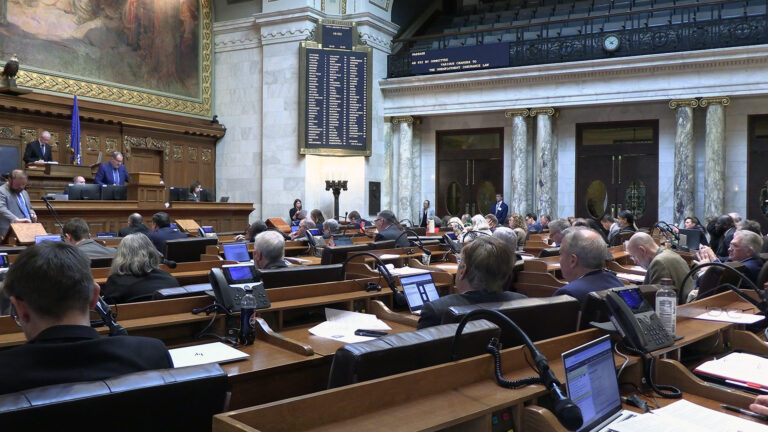

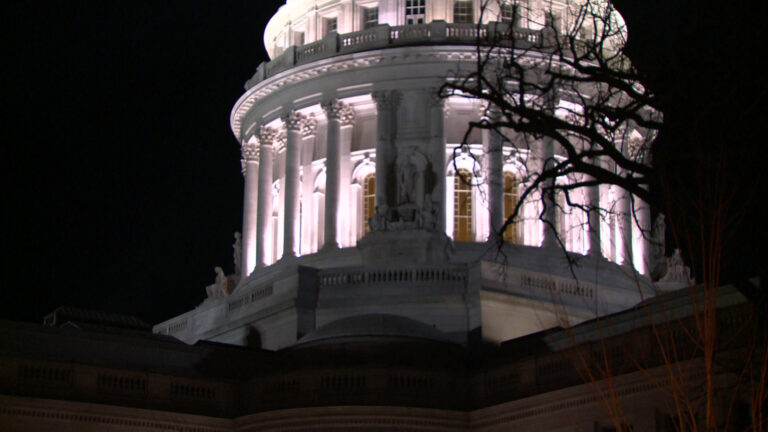
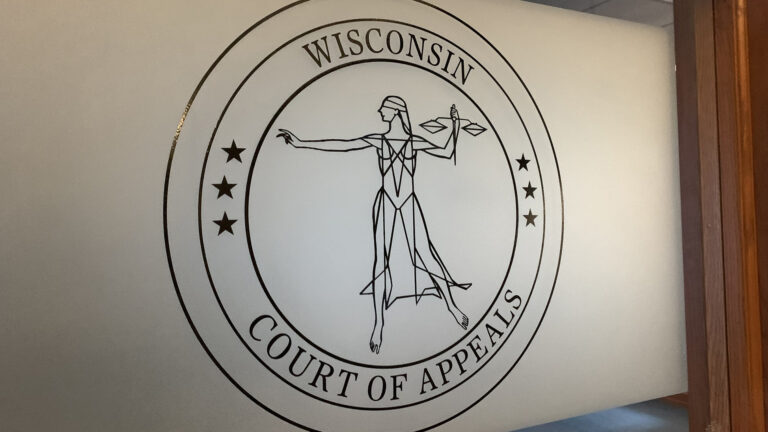
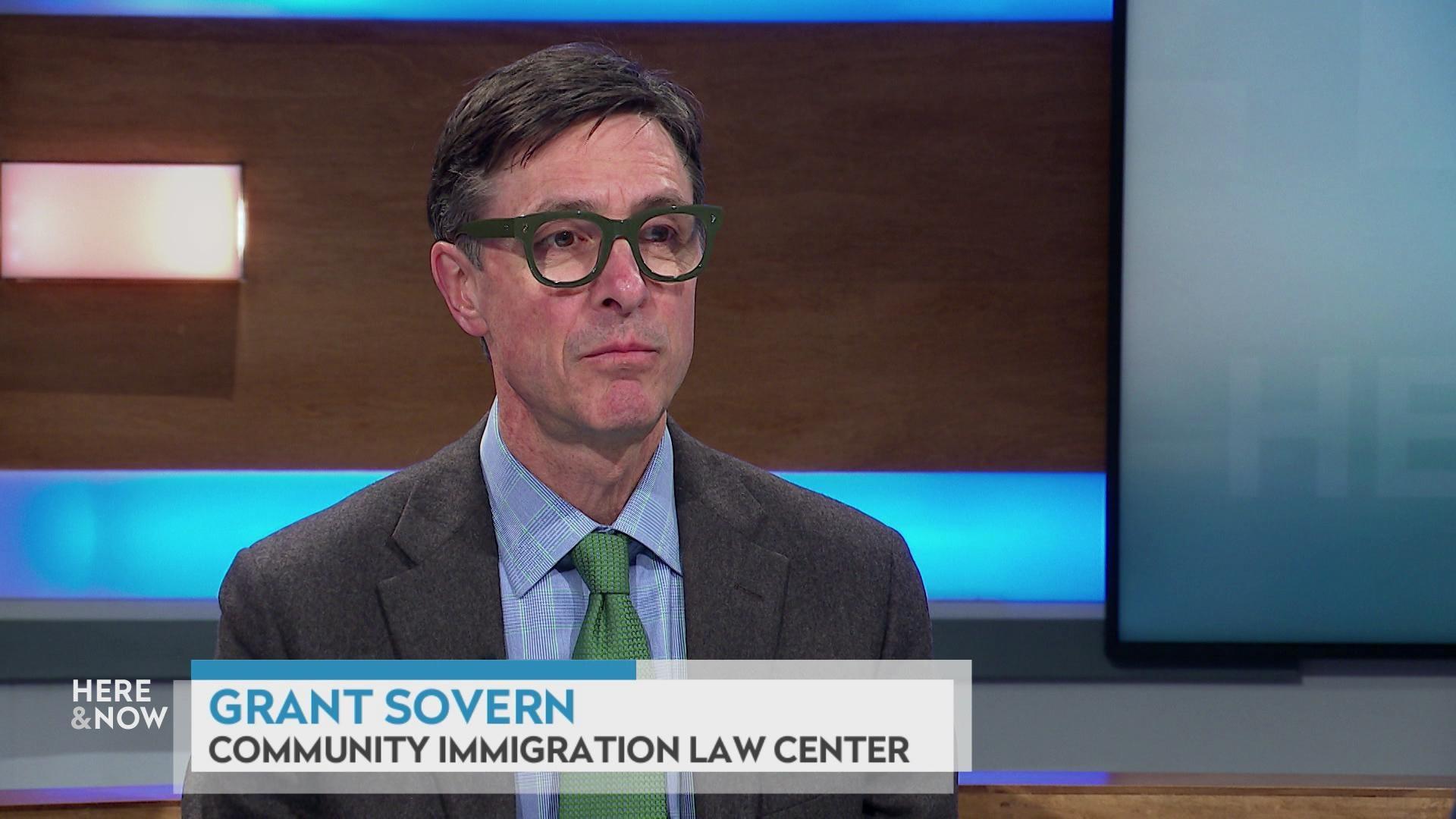
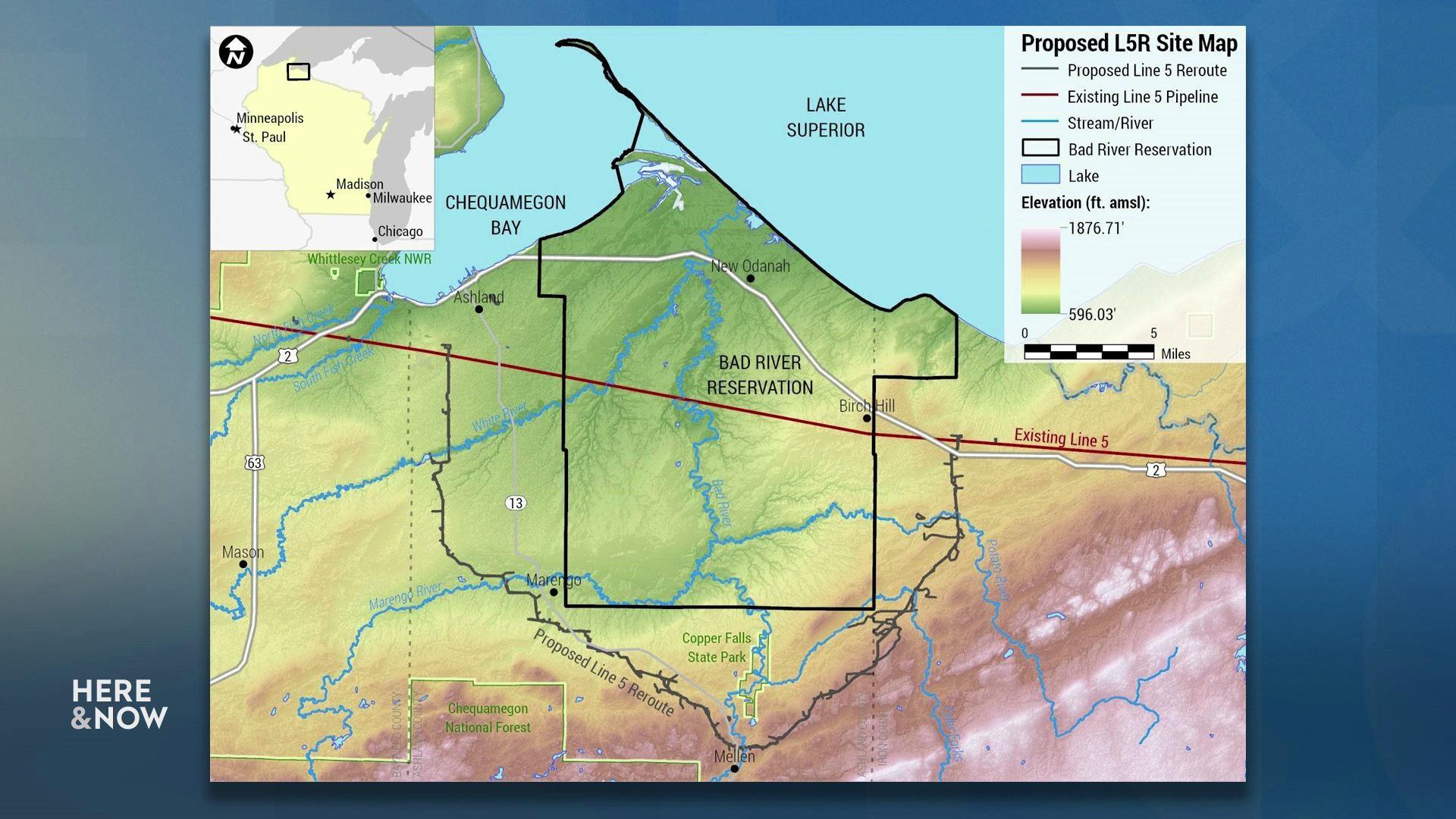

Follow Us